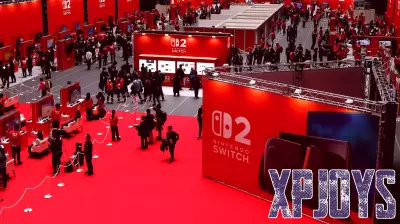January 11, 2025 - 02:58

In recent years, the video game industry has witnessed a dramatic increase in production costs, with budgets soaring into the hundreds of millions of dollars. While graphical fidelity plays a significant role in this financial escalation, it is far from the only factor contributing to the rising expenses of game development.
The complexity of modern games demands extensive resources, including advanced technology, skilled personnel, and comprehensive marketing strategies. Developers are now expected to create expansive, immersive worlds that offer players rich narratives and engaging gameplay. This requires a diverse team of artists, designers, programmers, and writers, all of whom command competitive salaries.
Additionally, the growing importance of online multiplayer experiences and ongoing post-launch support has led to increased investment in infrastructure and community management. As players expect regular updates, expansions, and live events, studios must allocate more funds to maintain player engagement.
As the competition intensifies, the financial stakes continue to rise, pushing developers to innovate while balancing the demands of quality and profitability. The future of gaming will likely see even higher budgets as studios strive to meet the expectations of an increasingly discerning audience.



